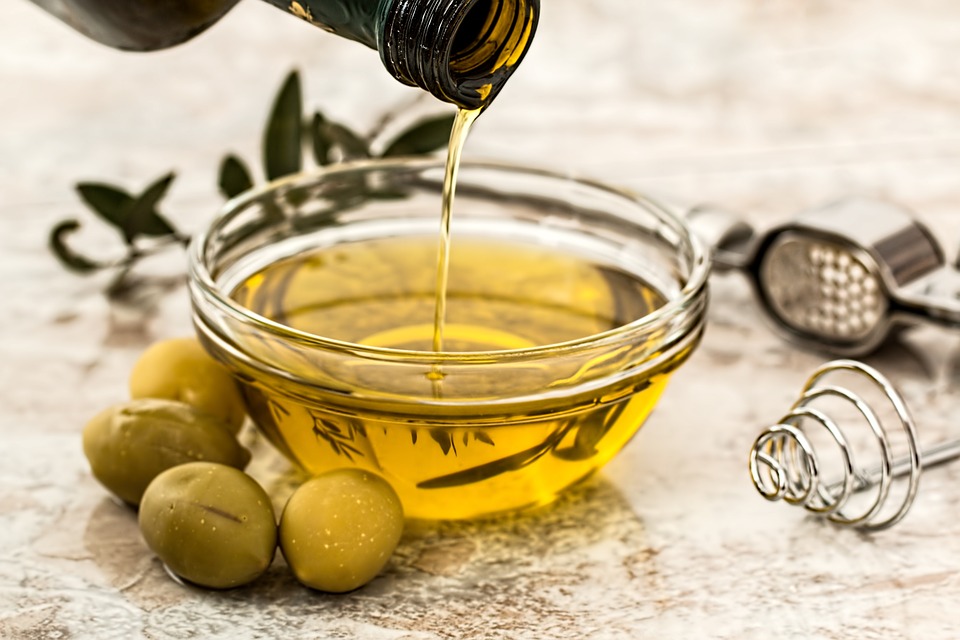
Olive oil is one of the healthiest cooking oils on the planet. According to a study published in the Journal of the American College of Cardiology (JACC), consuming olive oil is linked to a lower risk of developing heart disease and Alzheimer’s.
Nutritionists often recommend replacing fats like butter with healthier alternatives like olive oil. For the study, the researchers evaluated data from 60,582 women and 31,801 men from the Nurses’ Health Study and the Health Professionals Follow-up Study. Both are long-term health studies that tracked the health of volunteers over time.
All of the volunteers were free of heart disease and cancer when the study period started in 1990. The study participants also weighed in every four years during a 28-year follow-up period about their diet.
The researchers took note of how much olive oil, other vegetable oils, margarine and butter the participants consumed. Overall, the volunteers consumed more olive oil over time. Intake increased from about 1.6 grams a day in 1990 to at least four grams a day in 2010.
Additionally, margarine use went down during that time from about 12 grams a day in 1990 to only about four grams a day in 2010.
During the study period, 36,856 volunteers died. Data showed that compared to those who rarely or never consumed olive oil, those who consumed the highest amounts of olive oil a day, or about nine grams (a little less than a tablespoon), had:
- A 29 percent lower risk of dying from a neurodegenerative disease like Alzheimer’s
- A 19 percent lower risk of dying from cardiovascular disease
- An 18 percent lower risk of dying from a respiratory illness
- A 17 percent lower risk of dying from cancer
The volunteers who replaced 10 grams a day of fats like butter, margarine, mayo and dairy fat with olive oil had an up to 34 percent lower risk of dying.
Olive oil and your well-being
Keep in mind that the research team identified a link between volunteers who regularly consumed olive oil and a lower risk of dying from various diseases, but the results didn’t confirm that consuming high amounts of olive oil actually causes the lowered risk.
Deborah Cohen, associate professor in the Department of Clinical and Preventive Nutrition Sciences at Rutgers University, explained that cause and effect “can only be evaluated in randomized controlled trials, which are very, very difficult to do; are expensive; and take a really long time to complete.” She added that many other factors could be involved, like lifestyle behaviors such as smoking habits and how much physical activity the volunteers had regularly, other dietary habits and genetics.
It’s possible that the volunteers who used more olive oil were healthier. For example, they might be more physically active, less likely to smoke and more likely to eat more whole foods like fruits and vegetables compared to those who ate less olive oil regularly.
Dr. Rigved Tadwalkar, a board-certified cardiologist at Providence Saint John’s Health Center in Santa Monica, California, said these factors can help lower disease risk. He added that it’s difficult to ignore “confounding variables,” but that there’s also something about the type of fats or oils people consume.








